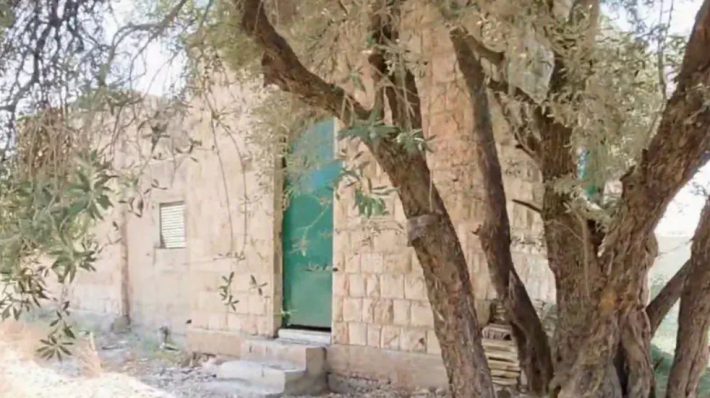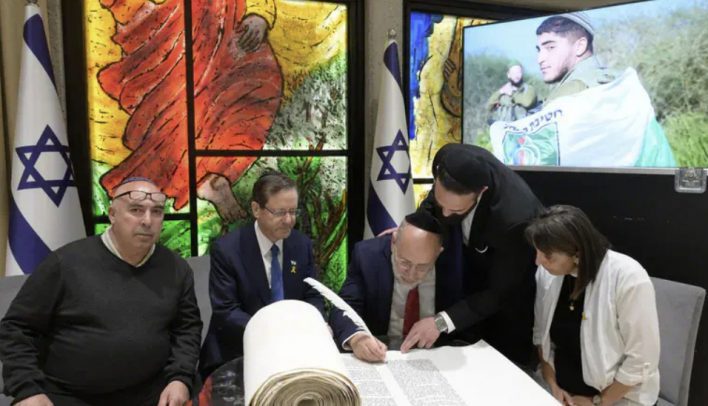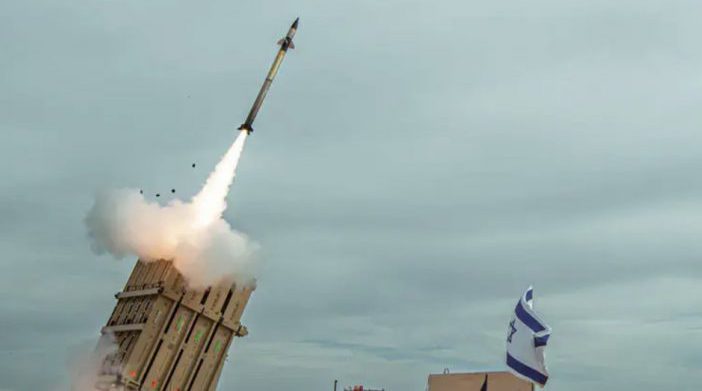A heated Knesset debate is set over whether to remove the tomb of Hamas’s ideological forefather Izz ad-Din al-Qassam, with security officials warning of unrest and politicians demanding action.
The Knesset Internal Affairs Committee, chaired by MK Yitzhak Kroizer (Otzma Yehudit), will convene on Tuesday to tackle a highly charged issue — the removal of the tomb of arch-terrorist Izz ad-Din al-Qassam, located on state-owned land in Nesher, northern Israel.
The session will bring together representatives from the Shin Bet, the Defense Ministry, the Waqf (Islamic authority overseeing religious sites), the High Follow-Up Committee for Arab Affairs, and National Security Minister Itamar Ben-Gvir.
A Terror Icon in Islamist Circles
Al-Qassam, regarded as one of the fathers of Palestinian Arab Islamic terror, led deadly attacks against Jewish pioneers in the 1930s. In Islamist circles, he is venerated as a “martyr” — his name now emblazoned on Hamas’s military wing and its notorious Qassam rockets.
His gravesite has become a pilgrimage point for terror supporters, sparking outrage among many Israelis who view its presence on public land as a blatant insult to national sovereignty.
Security Concerns vs. Sovereignty Demands
While large segments of the Israeli public — and several political leaders — demand the tomb’s removal, security officials have warned that such a move could ignite violent unrest. The Waqf has already signaled that dismantling the site would constitute an affront to religious sensitivities.
National Security Minister Ben-Gvir is expected to push for immediate removal, while others in the meeting may seek a compromise balancing political, security, and diplomatic considerations.
MK Kroizer, who visited the site and expressed full support for removal, made his position clear:
“If someone told you that Yahya Sinwar was buried in the heart of Israel on state land, how would you react?”
The committee’s deliberations are expected to become a flashpoint in the ongoing struggle between asserting Israeli sovereignty and managing security fallout — a clash that could set the tone for future policy on sensitive historical and religious sites linked to terrorism.





